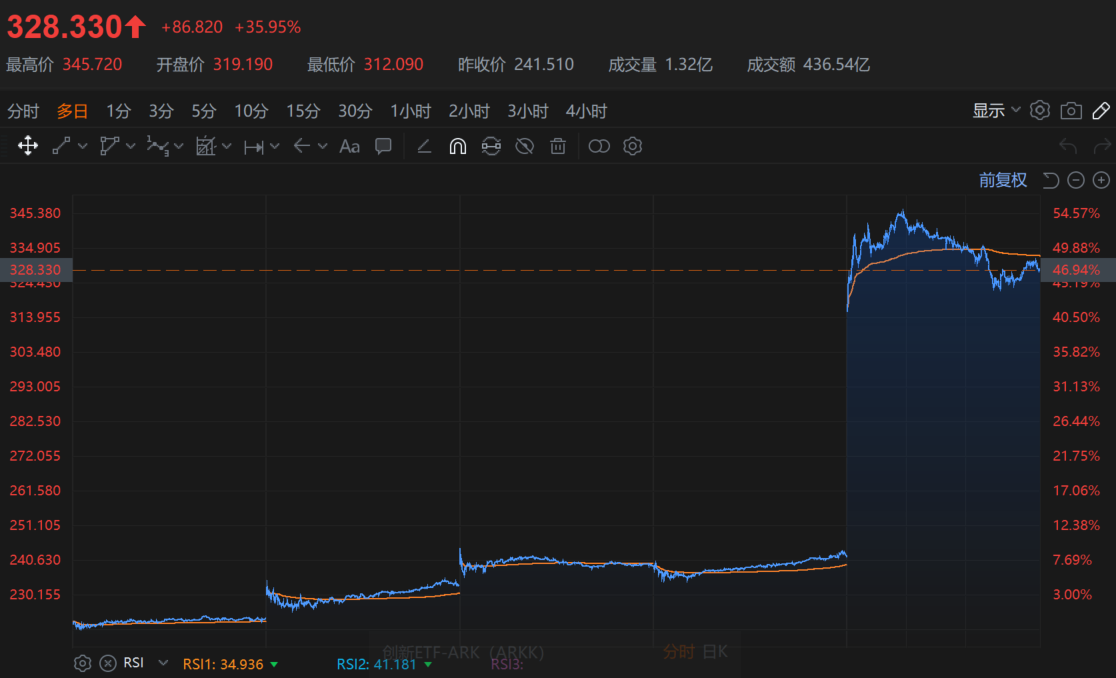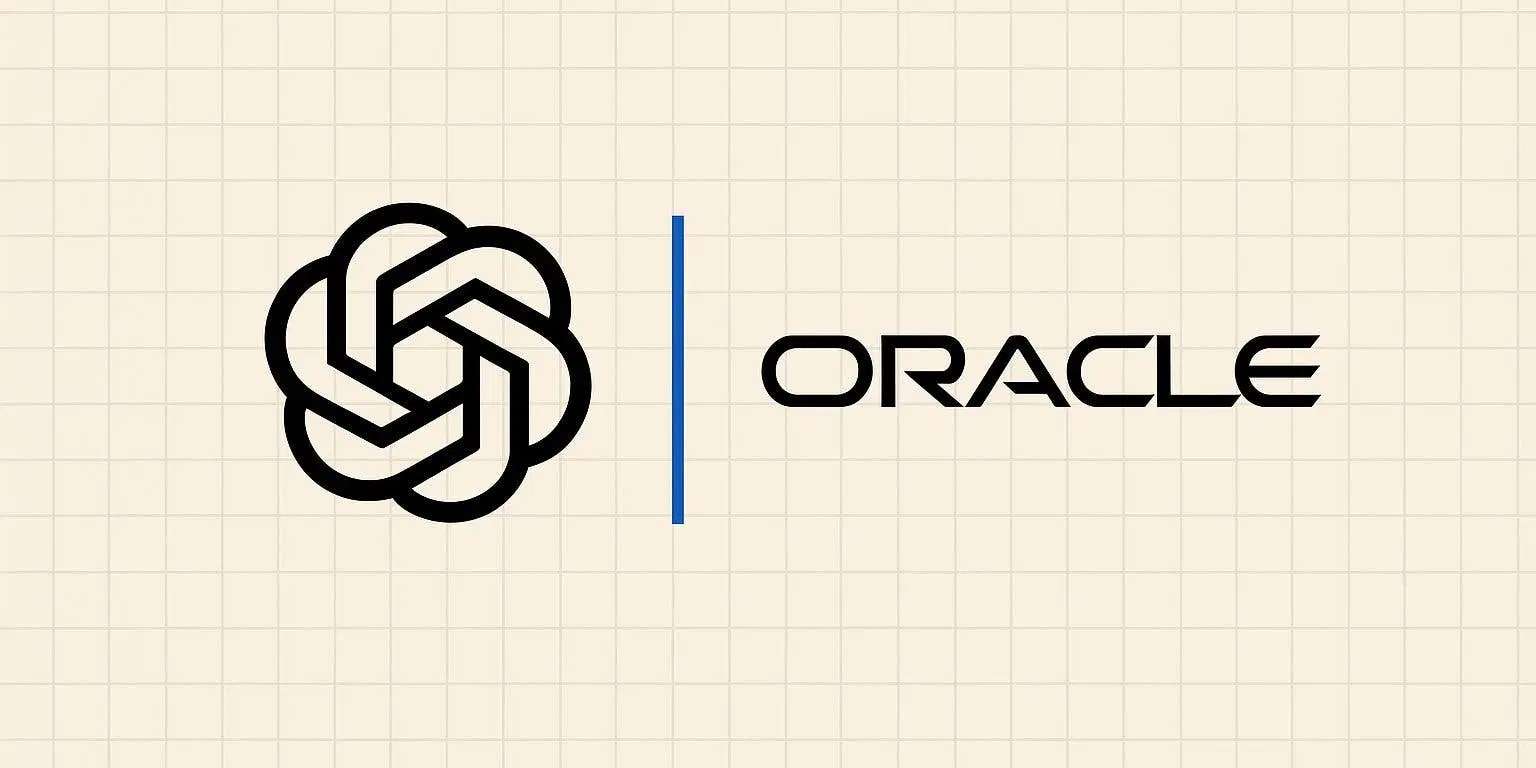Market sentiment shifted from ecstasy to vigilance in just a few hours.
On September 10, Oracle staged a "roller coaster", which once soared by more than 40% in a single day, and its market value instantly increased by US$251 billion. Its founder Larry Ellison once became the richest man in the world. Then the increase narrowed and fell to 35%.Market sentiment shifted from ecstasy to vigilance in just a few hours.

The surge in Oracle's share price stems from a staggering set of figures in the latest earnings report.
Data shows that as of the end of August 2024, unconfirmed performance obligations (RPO) reached US$455 billion, compared with only US$138 billion three months ago, a threefold increase in the short term.Unconfirmed performance obligations refer to the total amount of orders that the customer has signed but has not provided services or been recognized as revenue.This makes investors hope that Oracle may become the "second Nvidia" in the AI era, driving stock prices to soar.The company also said that more "multi-billion dollar" contracts will be signed soon, and the RPO is expected to quickly exceed US$500 billion.
The financial report also predicts that its cloud computing revenue will reach US$18 billion in the current fiscal year (ending May 2025), a year-on-year increase of 77%.What is even more shocking is the company's growth path forecast for the next four years: US$32 billion in 2026, US$73 billion in 2027, US$114 billion in 2028, and will reach US$144 billion by 2029.
However, the market trend changed sharply after hours that day.According to multiple media, up to 94.6% of Oracle's new US$317 billion RPO comes from a super contract signed with OpenAI-the contract totals US$300 billion and has a five-year term.This news worries the market because it shows that what supports the entire future growth narrative is not Oracle's extensive business layout, but the ultra-large orders that rely heavily on a single customer, which clearly lacks a moat.
According to the news, the content of this super contract is: OpenAI has selected Oracle as the cloud platform for training and deployment of its AI models. It is expected to be fulfilled starting in 2027 for a period of five years, involving up to 4.5 GW of data center capacity, equivalent to 4 million households.
The problem is that OpenAI's current annualized revenue is only about US$10 billion. If it wants to fulfill the contract on schedule, it will need to pay Oracle an annual service fee of about US$60 billion starting in 2027.This requires OpenAI to significantly improve its revenue and expenditure structure.At the same time, Oracle also needs to invest a lot of resources in purchasing AI chips and expanding data centers to cope with the huge computing power demand brought about by the contract.
Previously, Oracle has begun to accelerate the expansion of data centers around the world, especially in key AI strategic areas such as the United States, United Arab Emirates, the United Kingdom, and Japan, with the intention of achieving low-latency and highly reliable AI computing support through multi-regional deployment.Currently, Oracle has reached a number of supply agreements with Nvidia and plans to purchase more than one million H100 and B100 chips in the next three years to support its AI cloud platform.
The side effect of AI infrastructure is short-term financial pressure.According to media, Oracle executives are discussing internally canceling cash salary increases and bonus payments for fiscal year 2025 and using stock options as incentives to retain more liquidity to support capital expenditures.In addition, the financial report shows that the company's free cash flow has turned from positive to negative, reflecting that its funds are being rapidly used for expansion and infrastructure investment.Although the company emphasizes that this is a "strategic investment," the capital market has always had limited tolerance for the speed of burning money.
Not only that, the outside world also doubts OpenAI's ability to pay.Although Microsoft is its largest investor and provides a large amount of computing power resources, there is no indication that Microsoft will "cover the bottom" of all OpenAI's infrastructure expenditures.In fact, Microsoft itself is also negotiating with Oracle to expand the supply of AI computing power on its Azure platform.If OpenAI fails to achieve the expected commercialization results, it is likely to affect the stability of Oracle's order.


